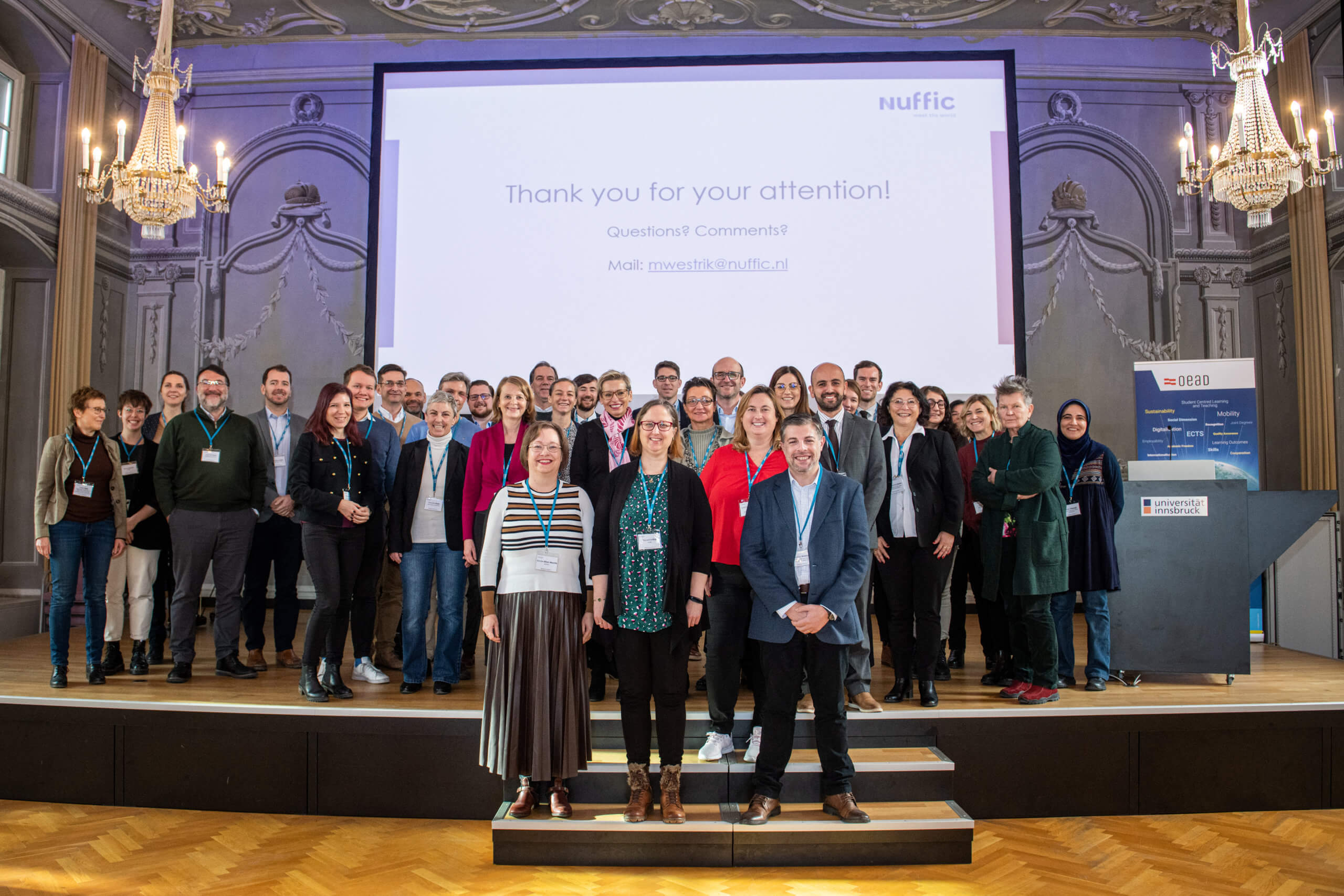Stay in the loop! Subscribe to our mailing list
Micro-credentials are, according to the MicroBol project and the EU Council Recommendation of June 16, 2022, evidence of learning outcomes that can be achieved in the context of a small learning unit. In practice, exciting approaches to micro-credentials have emerged in recent years within higher education institutions, and here again often as a pilot within the framework of European University Alliances, or as a cooperation between universities and companies, or purely on the part of external providers, as is the case of Malta.
On 12 December 2022, an international peer learning activity on micro-credentials was held in Austria, where more than 40 representatives of higher education institutions, Ministries of Research, Science and Education, education and recognition agencies from Ireland, Italy, Malta, Belgium, the Netherlands, Finland, Ukraine, Romania, Poland, Croatia, Austria as well as representatives of the European University Alliances presented their views. The event was co-funded by the Austrian Ministry of Education, Science and Research, as well as by the project ‘INterconnection/INnovation/INclusion: Austrian contributions to the EHEA 2030’ – 3-IN-AT-PLUS–a KA3 activity of the European Commission.

Photo by OeAD – Agentur für Bildung und Internationalisierung/APA-Fotoservice/Pichler
National practices – including current micro-credentials country profiles – were exchanged as well as tools in monitoring and implementation, such as the Micro-Evaluator of Nuffic or the potential of the interaction of micro-credentials and the digital credentials of Europass. "How Micro is Micro" was discussed in detail, as was the potential of assigning micro-credentials to the National Qualifications Frameworks (NQFs). The OeAD presented a survey conducted in cooperation with the Federal Ministry of Education, Science and Research of Austria. It showed that the state of knowledge, the (potential) target groups, the application and the need for discussion of micro-credentials vary considerably, however, the highest potential seems to be given within EUI, or on the field of postgraduate offers.
You can find the documentation of the international peer learning activity here.